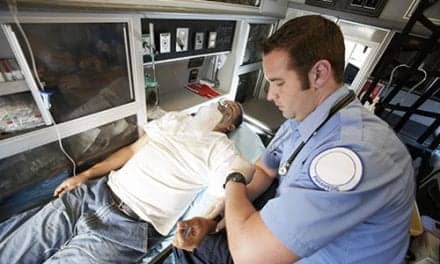The amino acid acetylcarnitine may help predict an individual’s neurobehavioral performance during chronic sleep restriction, according to a new study.
In the study at the sleep lab at the Hospital of the University of Pennsylvania, participants’ blood samples were taken after 10-12 hours of fasting following one night of baseline sleep (10 hours time in bed), chronic sleep restriction (5 consecutive nights of 4 hours time in bed), and one night of recovery sleep (12 hours time in bed).
The Psychomotor Vigilance Test (PVT), the Digit Symbol Substitution Task (DSST), the Digit Span Task (DS), the Karolinska Sleepiness Scale (KSS) and the Profile of Mood States (POMS) tests were administered every two hours while participants were awake.
The preliminary data associated acetylcarnitine with six neurobehavioral variables during sleep loss, including PVT lapses (longer than 500 millisecond responses) and errors, PVT response speed, DSST total correct, DS total correct, KSS scores, and POMS vigor scores — but not at baseline or recovery. Higher levels of this molecule predicted poorer behavioral attention, slower ability to process information, and poorer memory and increased sleepiness.
“We know that there are robust differences in how individuals respond to sleep loss,” said Namni Goel, PhD, a research associate professor of psychology in Psychiatry in the division of Sleep and Chronobiology, and lead author on the study. “Some people are very vulnerable, while others are more resistant to these effects. Identifying this marker is an important step in identifying measures to mitigate the disruptive effects of sleep loss in those who are more affected.”









